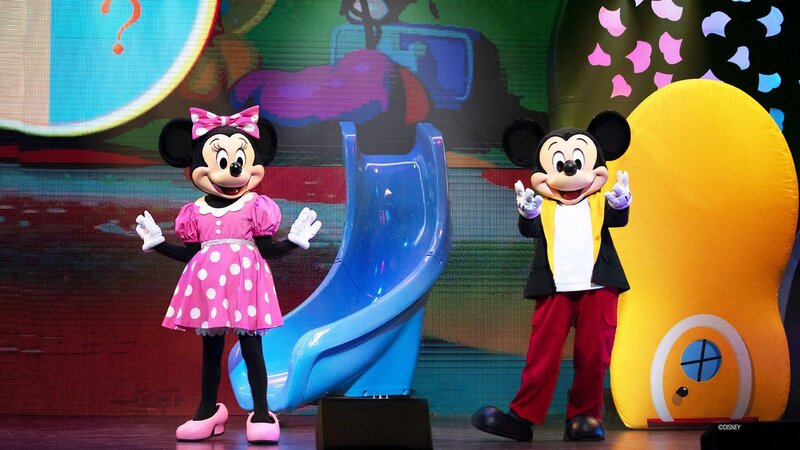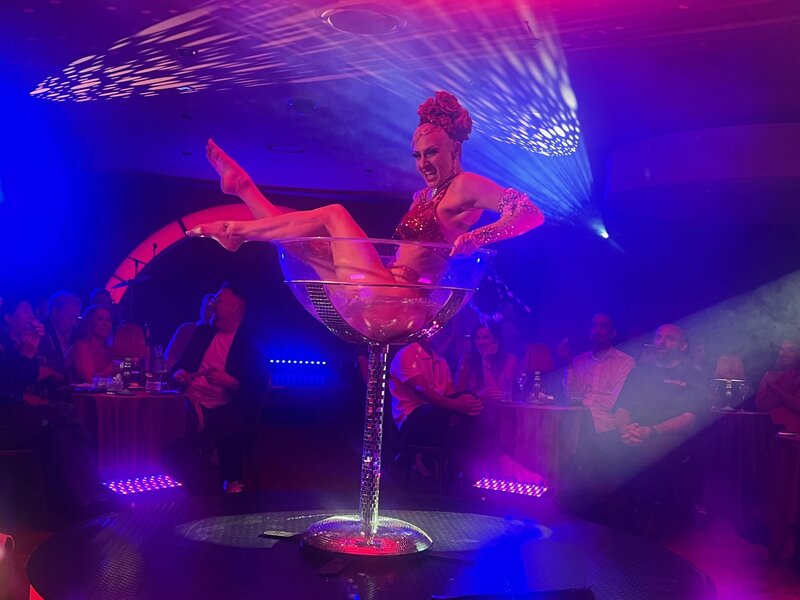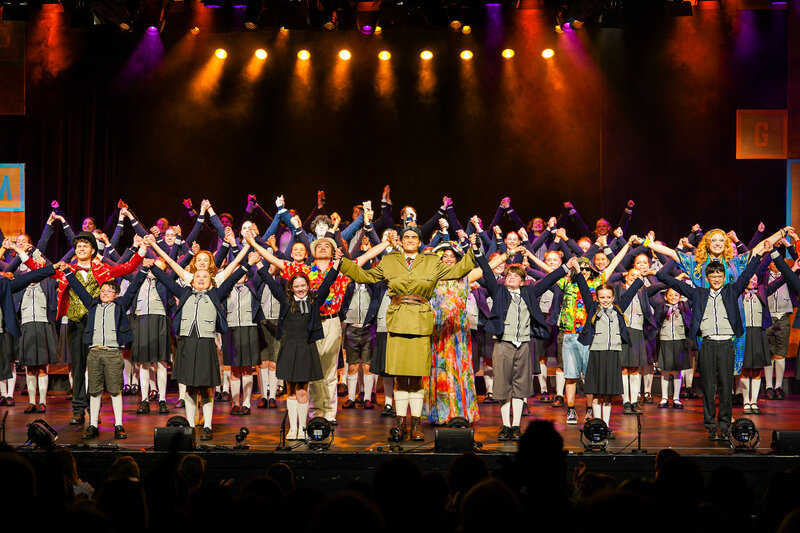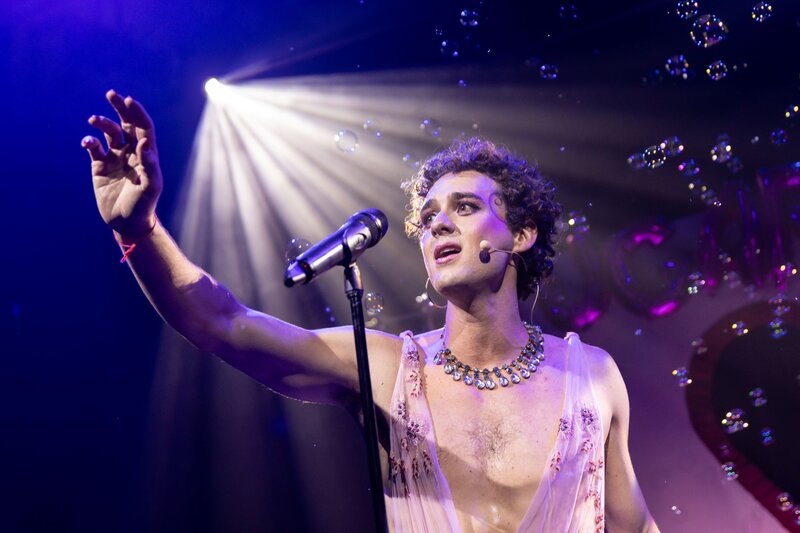A thought provoking art-house film from a first time Australian director (28-year-old Melburnian Ariel Kleiman, now based in London), it focuses upon an enclave cut off from the real world. Under the guise of protection, a cult figure known as Gregori (Vincent Cassel) professes bonhomie while riding roughshod over a gaggle of women and their offspring. This is a dystopian society if I ever saw one.
 Alexander (Jeremy Chabriel) is 11, the eldest of several children living in a closed-off compound on the outskirts of a town, presumably in the Russian Caucasus or that part of the world (the film was actually shot in Melbourne and Georgia in eastern Europe). Within its walls Alexander has been raised by Gregori, his mother Susanna (Florence Mezzara) and a group of women – mothers to the other children and all part of his extended family. Gregori is a charming and mysterious figure. He has created a safe haven and over the years recruited his extended family, offering them an idyllic alternative to the hellish reality he believes exists beyond the compound’s walls.
Alexander (Jeremy Chabriel) is 11, the eldest of several children living in a closed-off compound on the outskirts of a town, presumably in the Russian Caucasus or that part of the world (the film was actually shot in Melbourne and Georgia in eastern Europe). Within its walls Alexander has been raised by Gregori, his mother Susanna (Florence Mezzara) and a group of women – mothers to the other children and all part of his extended family. Gregori is a charming and mysterious figure. He has created a safe haven and over the years recruited his extended family, offering them an idyllic alternative to the hellish reality he believes exists beyond the compound’s walls.
It’s a colourful and energetic world, where freedom of expression and creativity are encouraged through open education and karaoke nights. But it’s also an insular environment closed off from the outside. Alexander is like any other kid: playful, curious and naive. He is also a trained assassin. Taught to rely solely on the teachings of their parents, Alexander and other children dutifully leave the safety of their community in order to carry out Gregori’s orders. Despite their cold-blooded nature, their missions have always seemed innocent and inconsequential, with the children never fully comprehending the gravity of their actions. But something happens that opens Alexander’s eyes.
In early 2010, co-writer and director Ariel Kleiman came across a feature article in the New York Times about the child assassin trade in Columbia. Aside from the horrific nature of these kids’ stories and actions, he wasn’t sure why months later that image of a child gunning down a man stayed with him as much as it did. Then he came across a line from one of his filmmaking heroes, Luis Buñuel, who was quoted as saying he couldn’t think of a more surreal image than one man shooting another man. It was a very simple statement but the more Kleiman thought about it the more he had a feeling deep within him telling him that he needed to turn his gut reaction into a film. He knew from the start that he didn’t want to tell a story specifically about the trades in Columbia. Kleiman stripped the story of all the drugs and economic and socio-political factors inherent to that reality. He wanted to tell a universal mythic tale about the relationship between kids and adults.
It became a story about the power of independent thought and the tragedy of children not being allowed to see the world through clear and optimistic eyes. Whilst writing Partisan, he and co-writer Sarah Cyngler often thought of the film as a fable – in many ways it’s a Pied Piper tale.
Partisan is a dark picture in which a sense of foreboding and unease is present from the get go – it just takes a while to work out just what is going on and that’s a good thing from a filmmaking perspective. The settings, both inside and outside the enclave, are hardly what you would call idyllic, in fact far from it, but there’s a life-like reality about them. Unlike Hollywood dystopian films such as The Hunger Games or Divergent, what we have here is small and much more insular, but – if anything – far more affecting as a result.
Cassell is decidedly unsettling in the lead, just as his role calls for. By contrast, the youngster Alexander (Jeremy Chabriel) is introspective, but you can almost see his mind ticking over, digesting everything his eyes take in as his awareness grows.
As alarming as is the premise, as creative and intelligent is the filmmaking. This is no run of the mill drama, rather a cleverly conceived and executed screenplay.
Rated M, Partisan scores a 7½ out of 10.
Director: Ariel Kleiman
Cast: Vincent Cassel, Nigel Barber, Jeremy Chabriel and Florence Mezzara
Releasing in cinemas: 28 May 2015
Rated: MA15+
Alex First

David Edwards is the former editor of The Blurb and a contributor on film and television




